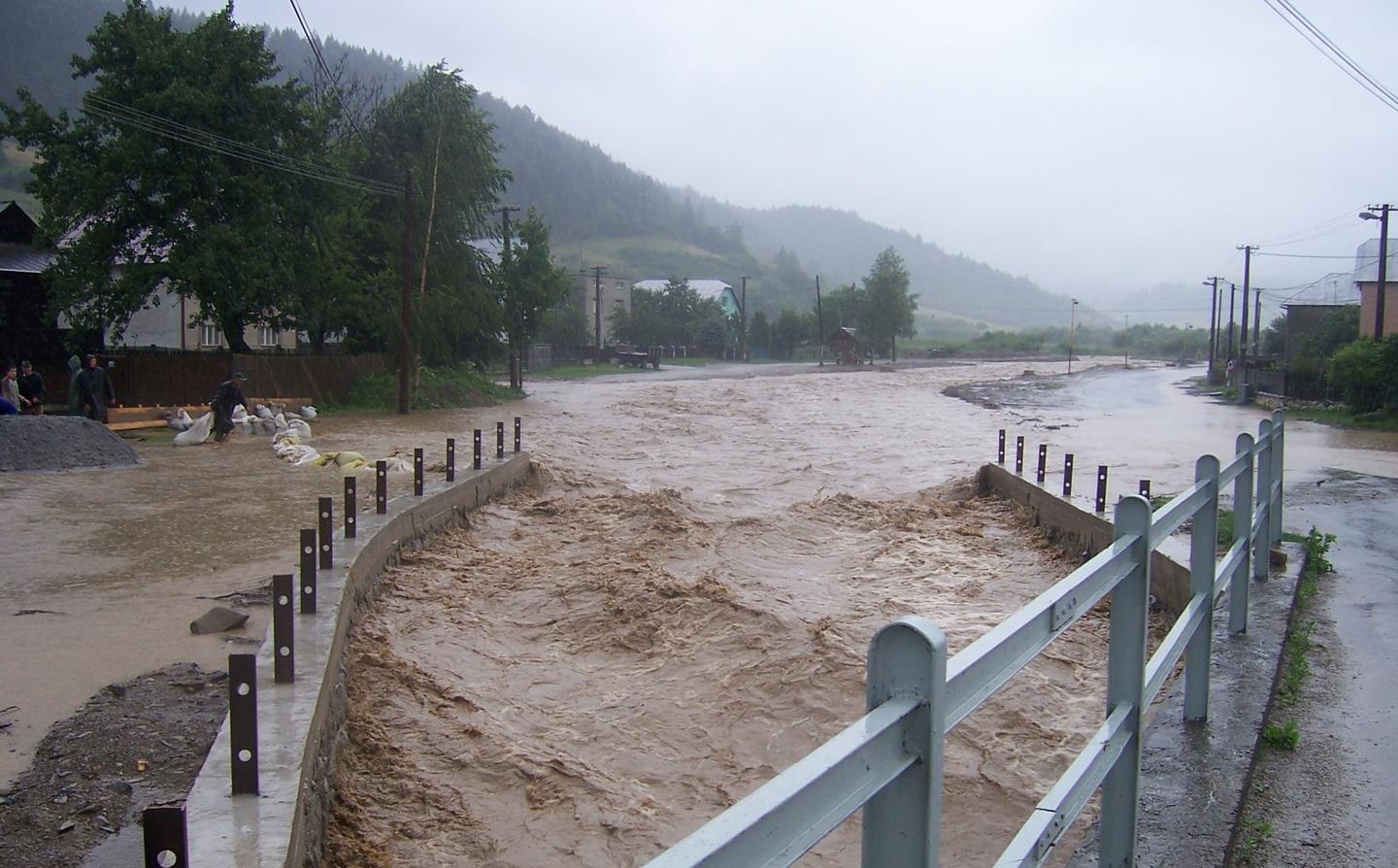Climate change is happening now and it is expected that these changes will continue, and that extreme weather events resulting in hazards such as floods and droughts will become more frequent and intense.
Adapting society to the changing climate means planning for the changes that are expected to occur and taking appropriate action to prevent or minimise the damage they can cause, or taking advantage of opportunities that may arise. It has been shown that well planned, early adaptation action saves money and lives later.
The international conference ‘Too Much, Too Little – The Role of Water in Adaptation to Climate Change’ taking place in Lisbon 7-9 October is addressing the impact climate change has on water resources in Europe. The conference is organised by the Portuguese Ministry of Environment, Spatial Planning and Energy, The Portuguese Environment Agency (APA) and the Norwegian Directorate for Civil Protection (DSB) and supported by Iceland, Liechtenstein and Norway through the EEA Grants.
Programmes in nine countries
Iceland, Liechtenstein and Norway are contributing to improve the response to a changing climate in Europe. Through the EEA and Norway Grants, programmes dealing with climate change adaptation are supported in these nine EU countries: Czech Republic, Estonia, Hungary, Lithuania, Latvia, Malta, Portugal, Romania and Slovakia. The objective of the programmes is to reduce the vulnerability of people and ecosystems to climate change.
Fact sheet on support to climate change
Examples of adaptation measures include: using scarce water resources more efficiently; adapting building codes to anticipated future climate conditions and extreme weather events; building flood defences and raising the levels of dykes; developing drought-tolerant crops; choosing tree species and forestry practices less vulnerable to storms and fires; and setting aside land corridors to help species migrate.
European cooperation
Environmental and climate change challenges does not stop at national borders and require joint action and cross-border cooperation. Exchange of experience and pooling expertise and resources are therefore highly relevant. In most of the programmes dealing with climate change under the EEA Grants, Norwegian public authorities are involved as strategic partners. The Norwegian Environmental Agency is involved in the programmes in the Czech Republic, Estonia, Latvia and Lithuania; the Norwegian Directorate for Civil Protection and Emergency Planning is involved in the programmes in Portugal, Hungary, Latvia and Slovakia; the Norwegian Water Resource and Energy Directorate is donor programme partner in the programme in Slovakia.
As donor programme partners, the Norwegian authorities are involved in the development, implementation and project selection. They also assist Norwegian organisations who wish to get involved as project partners.
The programmes
Czech Republic: The programmes’s objectives are to halt loss of biodiversity, improve compliance with environmental legislation and to reduce human and ecosystem vulnerability to climate change
Status: The programme is approved.
Estonia: The programme’s objectives are to ensure good environmental status in European marine and inland waters, improve compliance with environmental legislation and to reduce human and ecosystem vulnerability to climate change.
Here you can read more about three projects that aims to prepare Estonia for rising sea levels, higher temperatures and changes to biodiversity.
Hungary: The programme focuses on enhanced resilience to climate change impacts with the objective of reducing human and ecosystems vulnerability to climate change.
Status: The programme is under implementation. Calls are to be announced in autumn 2013.
Latvia: The programme focuses on climate change mitigation and adaptation and aims to develop a national climate policy.
Status: The programme is under implementation. The call is expected in December 2013.
Lithuania: The objectives of the programme are to halt loss of biodiversity and to reduce human and ecosystem vulnerability to climate change.
Status: The programme is under implementation.
Malta:The programme includes three pre-defined projects, including one on climate change adaptation focusing on oil spill response capacity building for the protection of Malta's seas.
Status: The programme is under implementation
Portugal: Adapter Portugal - Adapting to Climate Change. The programme has four main components, all of which are focused on climate change and adaptation.
Status: The programme is approved.
Romania: The objective of the programme is to reduce human and ecosystem vulnerability to climate change.
Status: The programme is approved.
Slovakia: Adaption to Climate Change - Flood and Drought Prevention.
The programme will focus on the implementation of strategies and measures that will enhance the resistance against floods and droughts in Slovakia and cater for increased expert capacity in relation to floods and droughts, and for increased public awareness and understanding of the situation.
Status: The programme is under implementation and has already had two calls that are now under assessment.
